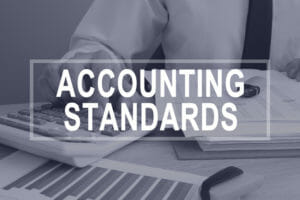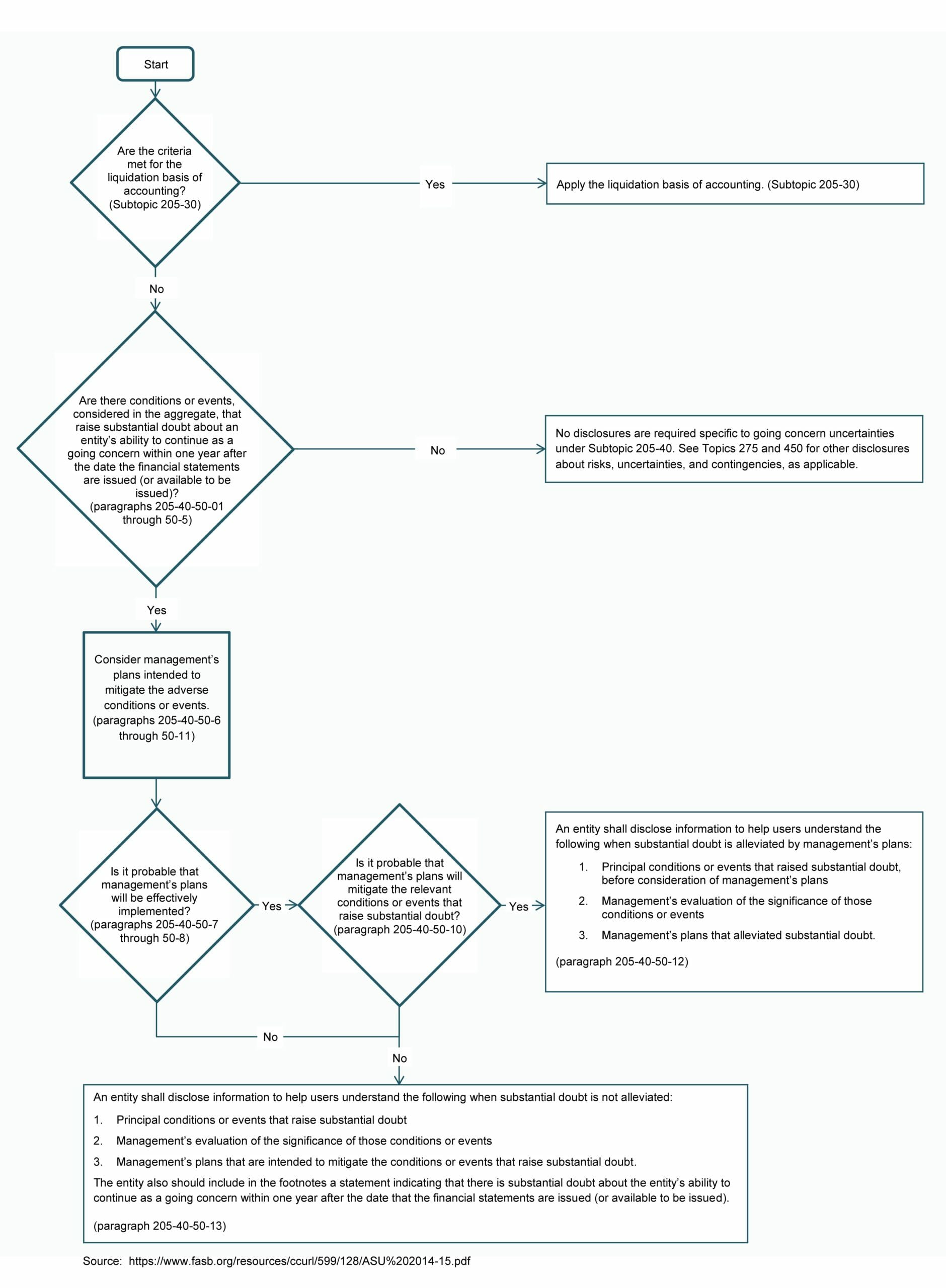COVID-19 has had a devastating impact on our nation’s economy, and the energy sector is feeling the pressure. Each week, news reports confirm what we already know: that demand for oil and gas has fallen and jobs are disappearing. Some are concerned that the industry is in real trouble.
The effects of the coronavirus will likely persist long after the threat to our health has been dismantled, so industry leaders should take time to assess the viability of their business. How will the financial slump affect their enterprise in the near and distant futures? Most importantly, is the downturn a true threat to going concern?
Why Going Concern Matters Now
Going concern is the assumption that an organization can meet its financial obligations. Most businesses operate under a going concern assumption, but economic uncertainties like a global pandemic can threaten this status quo. In the energy sector, the economic effects of the coronavirus pandemic have spread far and wide. A steep drop in demand has hit oil and gas producers hard, but downstream and supporting entities are also struggling. The drop in the market makes it difficult for many to obtain adequate financing or collect on past due receivables, and even temporary business closures have led to sourcing and production backlogs. As business leaders consider these external pressures, they should familiarize themselves with reporting requirements and ascertain whether the future success of their business has been jeopardized.
Management’s Responsibility
With the release of a new accounting standard in 2014, management became responsible for evaluating and disclosing their entity’s ability to continue as a going concern.
Before Accounting Standards Update (ASU) 2014-15, Presentation of Financial Statements – Going Concern was released, there was no requirement under Generally Accepted Accounting Principles (GAAP) that management disclose their assessment of going concern. At the time, only auditors were responsible for making that determination. With the passage of ASU 2014-15, that burden was extended to management, and as a result, users of the financial statement were given a much clearer view of the organization’s financial future. ASU 2014-15 was released in 2014 but became effective for periods ending after December 15, 2016.
A Step Toward Greater Transparency
With both auditors and management attesting to an entity’s ability to continue as a going concern, users of the financial statement have an unambiguous, behind-the-scenes view of the organization’s financial viability. While the face of the financials will not change unless an entity is in liquidation proceedings, what is written into (or omitted from) the footnote disclosures will reveal much about the entity’s going concern.
For both interim and annual reports, management should consider all events and circumstances that raise substantial doubts about their ability to continue meeting their obligations. This could – for some entities – include economic pressures resulting from the pandemic. However, according to ASU 2014-15, substantial doubt only exists when it is probable that an entity will be unable to meet its financial obligations. If an entity is likely to survive the following year, disclosures specific to going concern uncertainties are not needed.
If substantial doubts about going concern do exist, management must:
- Disclose the threats or conditions that helped them come to that conclusion
- Reveal management’s plans to mitigate those threats
- Predict how probable it is that their plans will be effective
The following flow chart can help management determine what disclosures are necessary.
Though this is not a new reporting requirement, management is up against a unique threat this year and should take the steps to evaluate going concern. If you need help crafting your evaluation criteria or have questions about how best to estimate your financial viability, contact a member of LaPorte’s Energy Industry Group. We can help guide you to the right resources.


